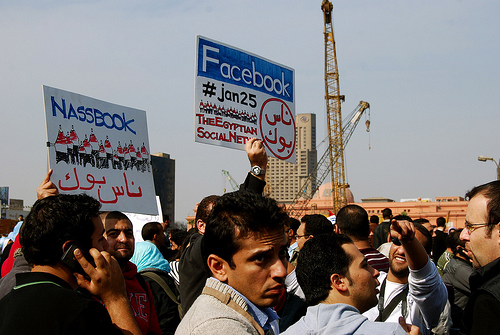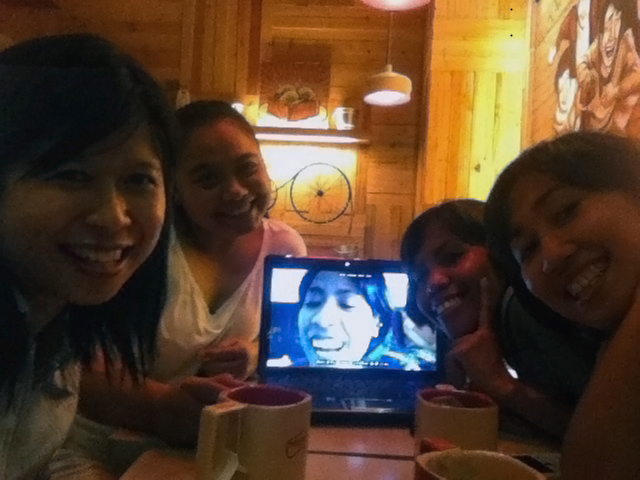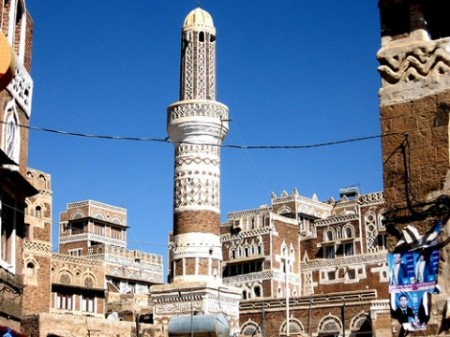
The role that social networks have played in the ‘Arab Spring’ has been much-discussed in recent months, and many a Master’s thesis these days must be written on how the Internet – and social media in particular – is changing political dissent movements. Given the Internet’s ability to quickly disseminate information, and to allow like-minded individuals to find each other and mobilize support for a cause, one might assume that Facebook and other forms of social media would advantage popular struggles against centralized power — and that switching them off would be a tactic of choice among weary dictators.
Quite the opposite, says Navid Hassanpour, who has used a dynamic threshold model for participation in network collective action to analyze the decision by Mubarak’s regime to disrupt the Internet and mobile communications during the 2011 Egyptian uprising.




